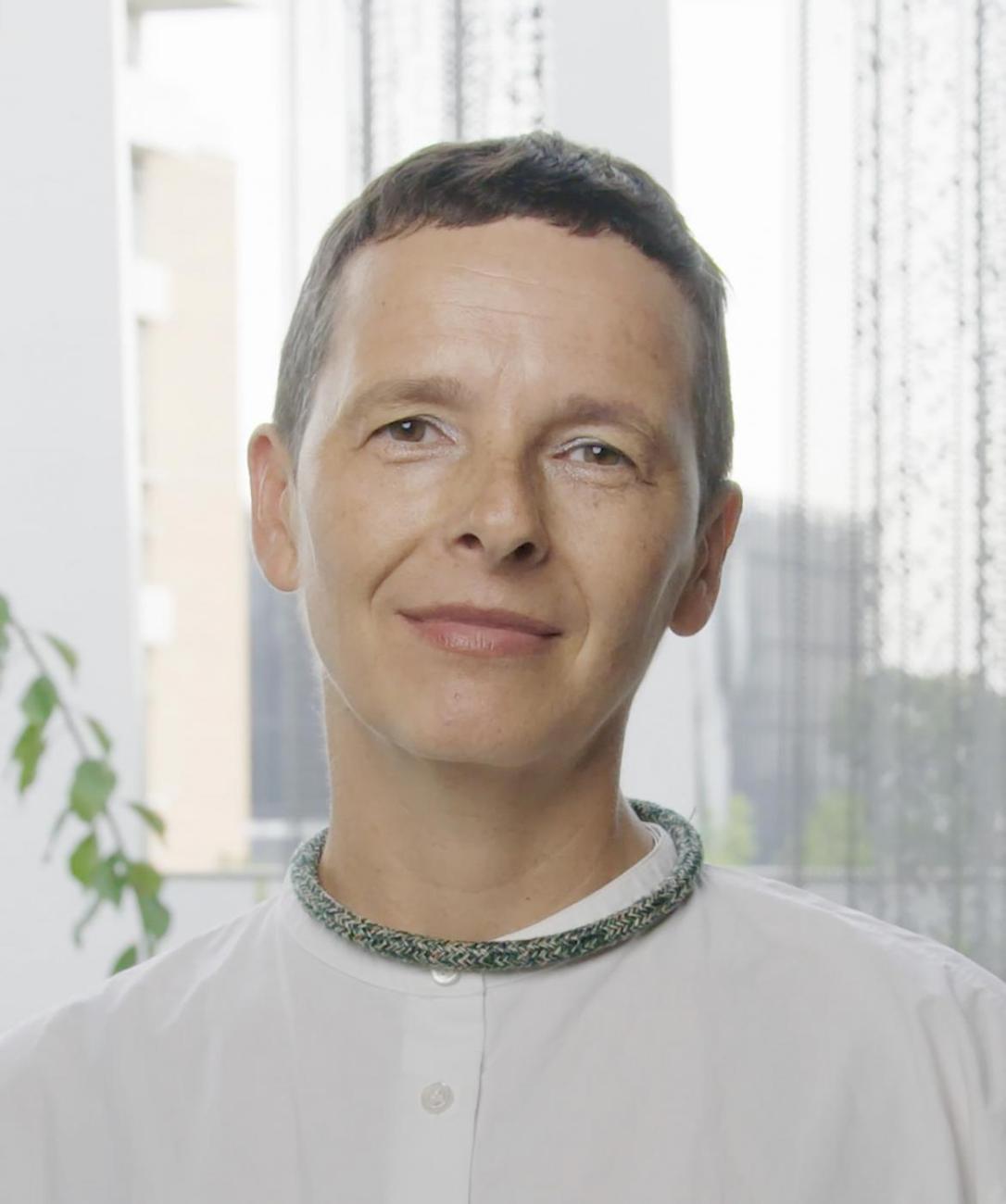Hélène Frichot, director, Bachelor of Design and professor of Architecture and Philosophy, The University of Melbourne, presents the lecture "Following the Dirt: Troubling Architecture" at 6:00 p.m. via Zoom as part of the Rice Architecture Spring 2021 Lecture Series.
Following the dirt requires a willingness to acknowledge our intimate entanglement, as human creatures, with the dirt, multifariously defined. It also requires a willingness to acknowledge the masses of dirt we produce in the wake of our productions and consumptions, especially as architects and designers. Following the dirt complements an orientation I have elsewhere described as ‘following the materials’, which means to take on an ethical approach to our messy material relations. In light of the 2020 Corona virus pandemic, dirt has gained a new valence in terms of re-invigorated habits of hygiene, from the wearing of masks, to hand washing, to the ‘deep cleaning’ of interior environments. Dirt, in this instance, becomes that invisible threat we attempt to keep as far outside our bodies as possible, fearing contamination, fearing even to touch each other. The impact on spaces of care has been profound, from the ravage wrought across aged care homes to the impact on women who take on the burden of care labour when child-care facilities go into lock down. This lecture will present a series of material stories dedicated to following the dirt in search of gestures of care that attempt to cope with the current crisis. The aim will be to trouble presumptions about what architecture as a practice can do.
Architectural theorist and philosopher, writer and critic, Hélène Frichot is Professor of Architecture and Philosophy, and Director of the Bachelor of Design, Faculty of Architecture, Building and Planning University of Melbourne, Australia. She is Guest Professor, and the former Director of Critical Studies in Architecture, School of Architecture, KTH Stockholm, Sweden. Her recent publications include Dirty Theory: Troubling Architecture (AADR 2019), Creative Ecologies: Theorizing the Practice of Architecture (Bloomsbury 2018), How to Make Yourself a Feminist Design Power Tool (2016). She is editor on a number of collections, including with Catharina Gabrielsson and Helen Runting, Architecture and Feminisms: Ecologies, Economies, Technologies (Routledge 2017) and more recently with Naomi Stead, Writing Architectures: Ficto-Critical Approaches (Bloomsbury 2020), and with Marco Jobst, Architectural Affects After Deleuze and Guattari (Routledge 2021).
The Rice Architecture Spring 2021 Lecture Series, "New Proximities," is a collective reckoning of health as a social, political, and fundamentally spatial condition. The global pandemic has not only produced profound shifts in the built environment, but also revealed latent precarities embedded in forms of governance, labor, domesticity, and ecology. This lecture series asks: How does COVID-19 and its compounding crises render visible the uneven geographies in which we operate? How might we reformat existing systems beyond the confining world of pandemic space? Expanding scales and spaces of architectural agency, we will hear from critical voices in design, history, and theory to imagine new futures of care and proximity.
All lectures are free and open to the public. Please be sure to register online for each lecture to receive the link to join. For more information on all lectures and to register to attend, visit arch.rice.edu/latest/events and ricedesignalliance.org.
This lecture series is made possible through the generous support of the Betty R. and George F. Pierce Jr., FAIA, Fund, the Wm. W. Caudill Lecture Series for Students in Architecture, and the William B. Coleman, Jr. Colloquium Fund for Architecture.
All spring 2021 lectures are eligible for one AIA/CES Learning Unit. Rice Design Alliance is an AIA/CES Registered Provider of quality educational programs.


